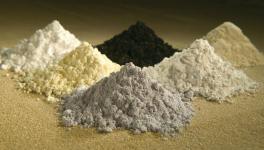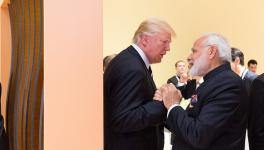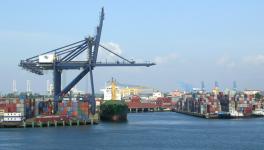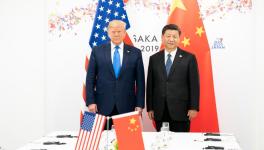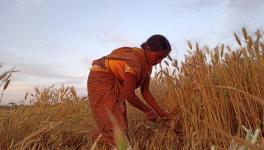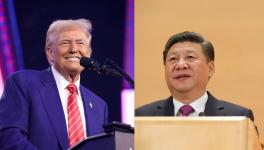Where is Goa 56 Years After Liberation from Portugal?
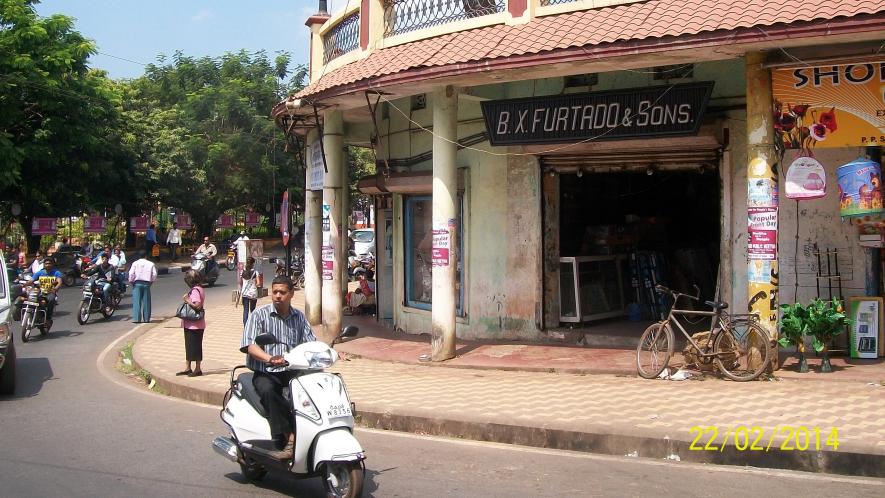
On 19 December 2017 Goa celebrated its 56th ‘Liberation Day’, or the day when the Indian Armed forces overwhelmed the Portuguese forces stationed in Goa. Most of the formerly colonised world has a shared mental image of living under colonial rule. Goa however, presents strangely different case. Goans had maintained a degree of influence within the Portuguese colonial administration not just in Goa but in other Portuguese colonies as well. This arose in part, due to the promotion of intermarriage between Portuguese colonials and the Goan ‘natives’. Before long, Goans were granted equal rights at par with the Portuguese. That Goan culture evolved as cosmopolitan and globalised should not be a surprise considering that both Mozambique as well as Macau had been ruled by Goan Governors. Goan cuisine incorporated ingredients and recipes from Brazil to Macau, partly due to its importance as a link between Portuguese colonies from the Western Atlantic to the South China Sea. Goan architecture, often erringly referred to as ‘Portuguese style’, emerged from an ascendant class of wealthy Goans born out of concessions granted by Portugal in the light of political instability in Portugal in the early 18th Century. Local self-governance was left alone by the Portuguese allowing the Communidade to control public land, which in recent times led to controversy over its functioning.
In the 1940s, Goans inspired by the Indian Independence movement, began for themselves a liberation movement against Portuguese rule. In the 1920s the Goa National Congress was formed at the Calcutta session of the Indian National Congress. The Acto Colonial (Colonial Act) passed by António de Oliveira Salazar’s Government in the 1930s restricted freedom of speech and political activities in the colonies, the Act also had the effect of relegating Goa to the status of a colony, a move that was deeply resented given Goa’s unique position. The Act was passed at a time when Salazar was running his Estado Novo or ‘New State’, a conservative authoritarian regime which was deeply unpopular in Portugal and more so in the colonies.
India established diplomatic ties with Portugal soon after independence. India sought to negotiate with Portugal for the integration of Goa into the Indian Union. Salazar sought instead to hold onto Portugal’s colonies and refused to negotiate. On 19 December 1961, India launched ‘Operation Vijay’, which overwhelmed the Portuguese forces in Goa. The international community was quick to condemn Indian military ‘aggression’ against Portugal. The Cold War era saw the NATO allied countries condemn the ‘annexation’. The USSR however, backed India’s position that it could not tolerate a colonial presence in its borders, and blocked a Security Council Resolution against India.
56 years later, Goans seem to have mixed reactions to the ‘liberation’. An Op-Ed in OHeraldo on the 19th juxtaposed Goa’s liberation with Macau’s handover. While Goa’s liberation saw rapid change, Macau’s handover in 1999 conferred Macau with the status of a Special Administrative Zone (SAR). Macau at present has special autonomy within China, and is a member of several international organisations such as the WTO and the IMF. Macau also has its own flag and currency. The article lamented Goa’s lost opportunities in securing for itself a special status within the Indian Union.
While there is the benefit of being a citizen accorded with rights under a Constitution, there are concerns regarding the loss of identity in Goa. The loss of identity sounds strange given the traditionally cosmopolitan culture of Goa, yet the tourism and real estate industries have caused many in Goa to have second thoughts about the bhaile, or ‘outsiders’. Aam Aadmi Party convener Elvis Gomes made statements on Liberation Day questioning previous government’s policies on tourism and construction, particularly accusing them of changing the demography of the state for electoral gains. The Goa Heritage Action Group (GHAG) has long fought to preserve Goa’s cultural heritage, whether for the preservation of temples, churches, music or art, often against religious groups seeking to renovate the architectural heritage in more ‘contemporary’ styles. The alleged murder of Father Bismarque, an environmental activist has been another sticking point for Goans against big capital destroying the state in the name of development. Not to forget the mining industry and the casinos.
Get the latest reports & analysis with people's perspective on Protests, movements & deep analytical videos, discussions of the current affairs in your Telegram app. Subscribe to NewsClick's Telegram channel & get Real-Time updates on stories, as they get published on our website.









